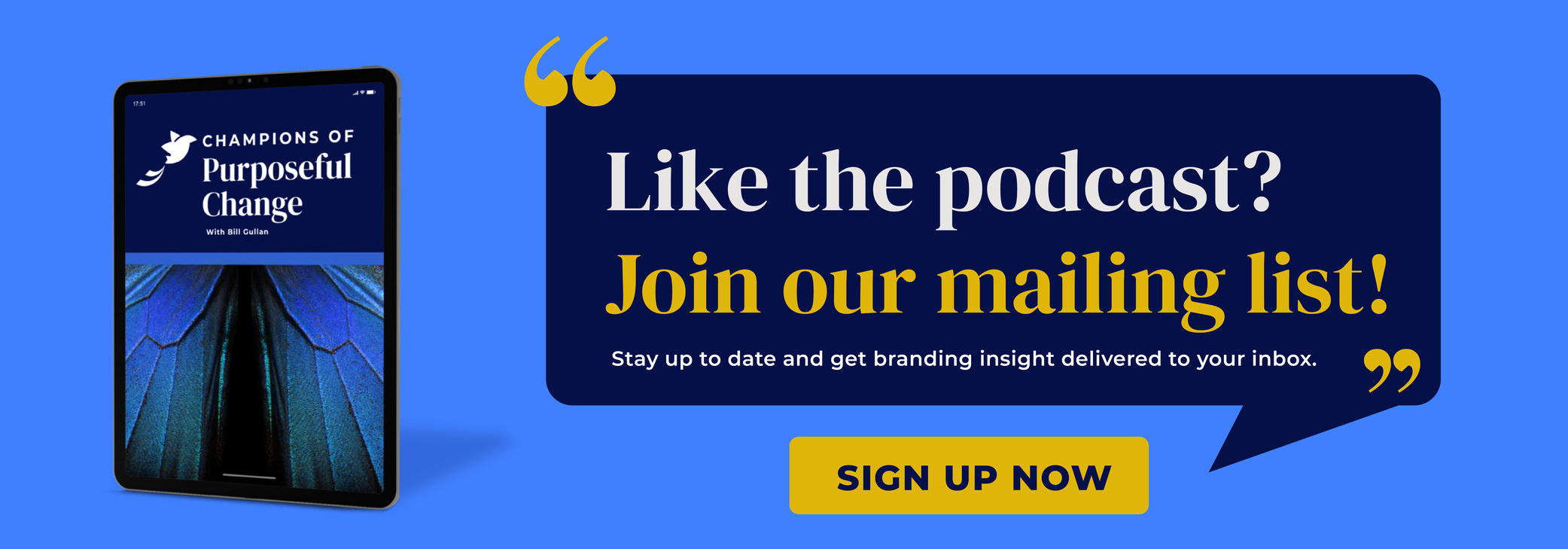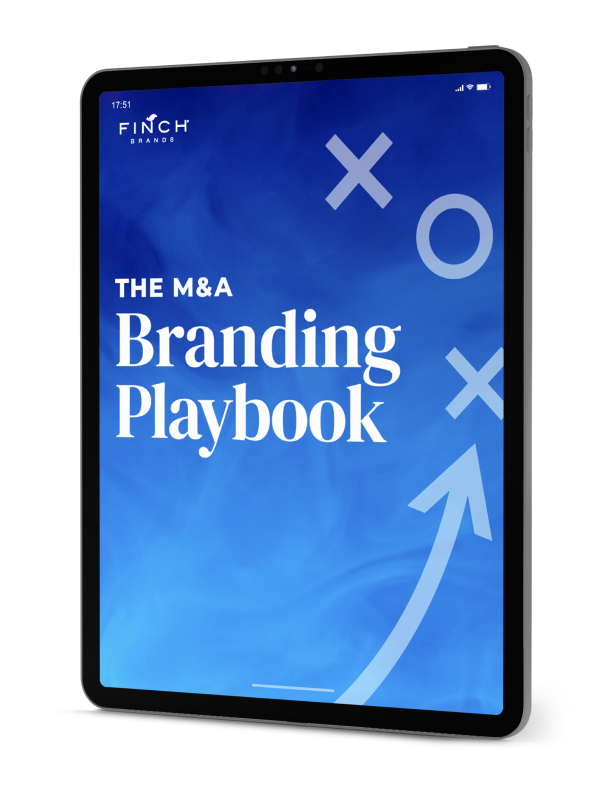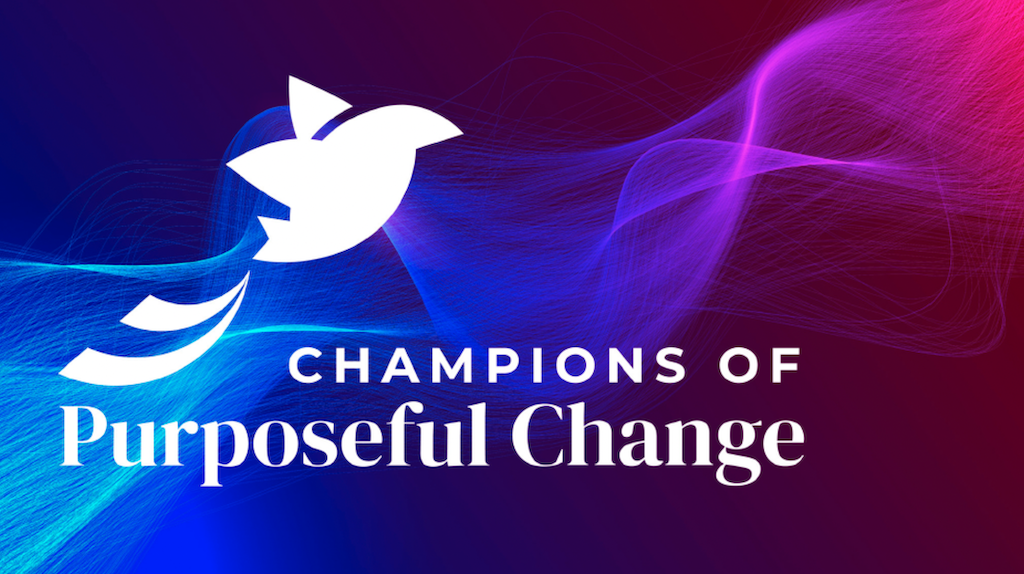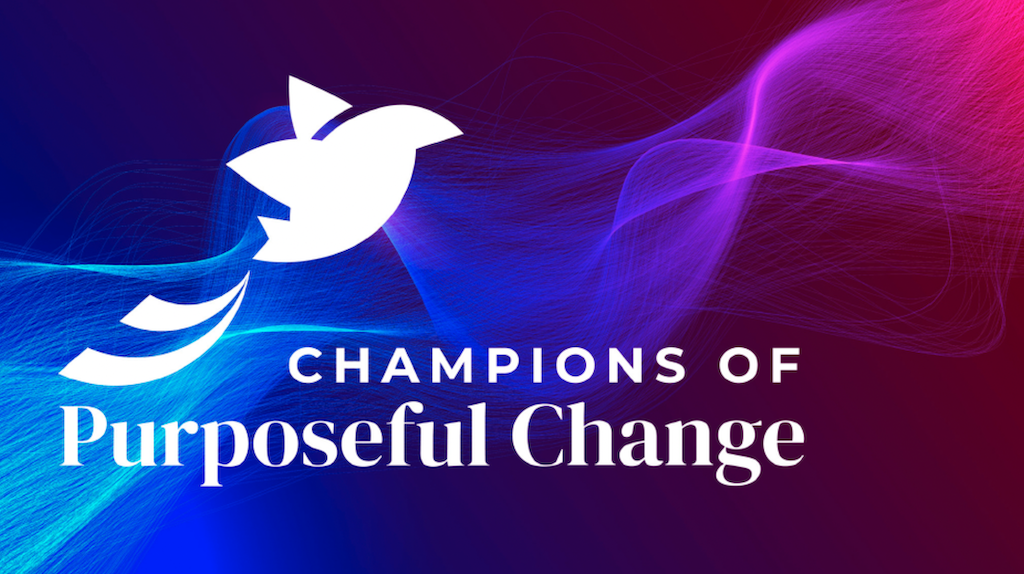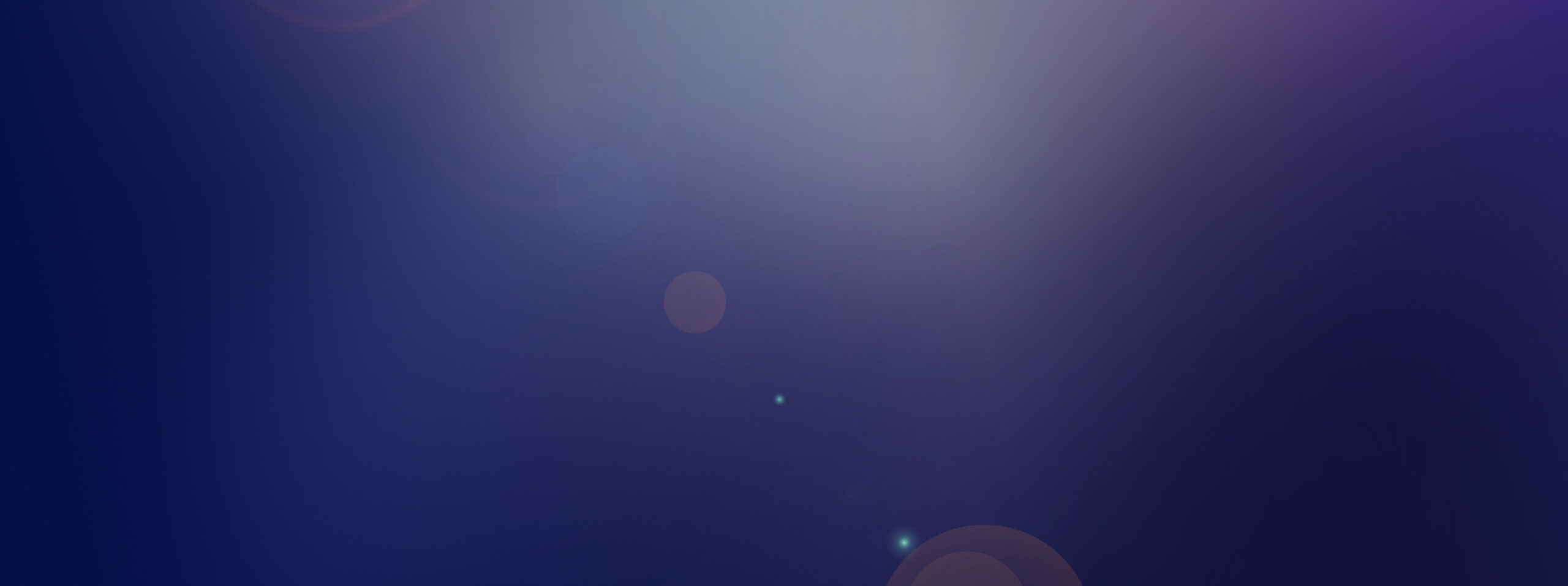Reinventing Insurance: Yael Wissner-Levy, VP of Communications – Lemonade
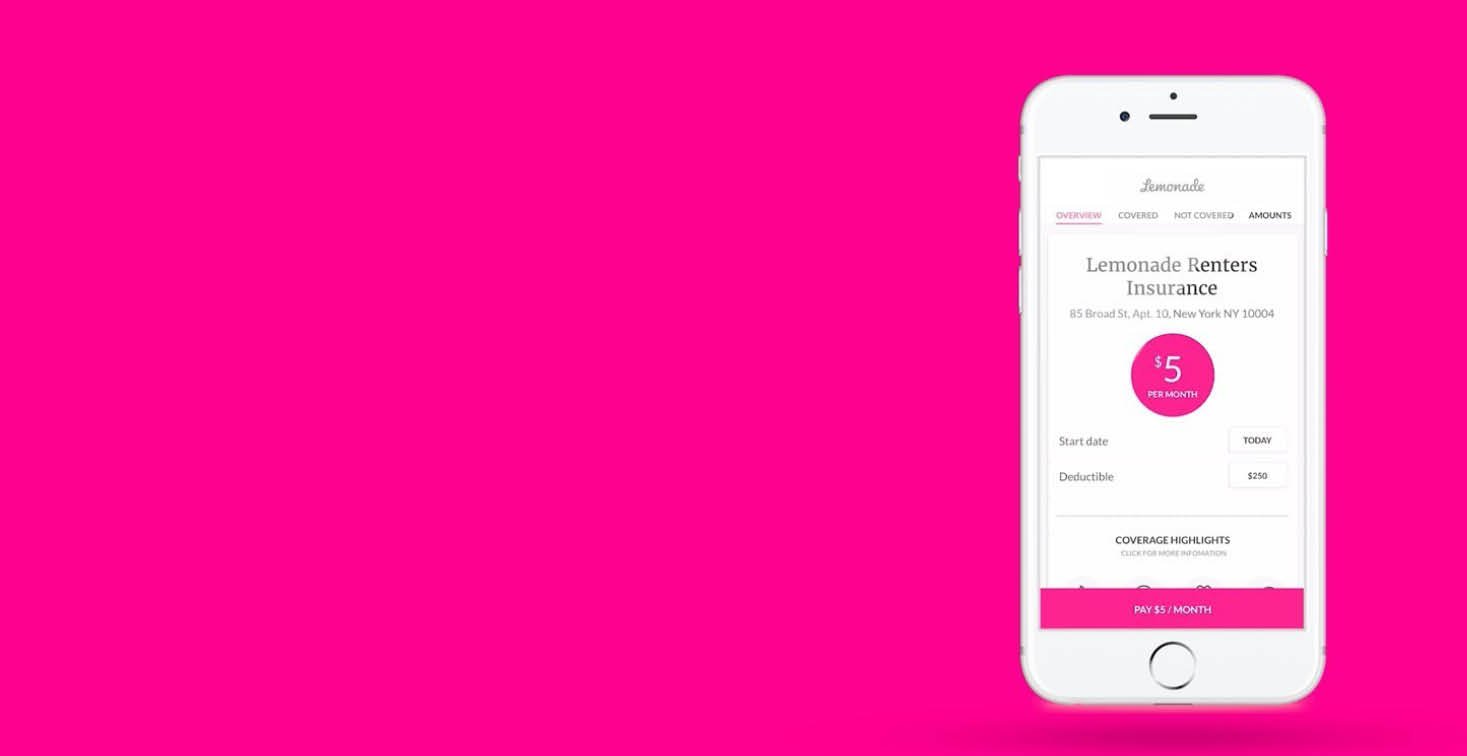
Yael Wissner-Levy, VP of Communications at Lemonade Insurance, joins us today on the Real-World Branding Podcast. Lemonade is reinventing insurance to be instant, easy, and driven by social good. If you like our podcast, please subscribe and leave us a rating!
Podcast: Download Subscribe: iTunes | RSS Transcription:
Bill Gullan: Greetings one and all. This is Real-World Branding.. I’m Bill Gullan, president of Finch Brands, a premier boutique brand consultancy. And thank you for joining us. A real treat today. I know I always say that, but always true, and perhaps no more true than in the case of of Lemonade and Yael Wissner-Levy, who’s the VP of communications.
Bill: If you don’t know, check it out. Lemonade is disrupting, I know that word’s overused but it really is apt in this case, an industry that is operating in very traditional ways, which is property and casualty insurance. Lemonade, a tech based app based, really significant differences in business model as well as Yael will tell us in a minute, value system and intent.
Bill: You know, again, we’re suckers here for big ideas at Finch Brands in our industry generally. And this certainly is one, so enjoy hearing from Yale Wissner-Levy.
Bill: We’re speaking today with Yael Wissner-Levy, who’s the VP of Communications at Lemonade. Thank you so much for joining us.
Yael WIssner-Levy: Thank you for having me.
Bill: It’s a pleasure, and particularly really been looking forward to this. Lemonade is taking an industry by storm, doing things differently, connecting with people in meaningful ways. Before we get there, and I can’t wait to hear about that, talk a little bit if you wouldn’t mind about your own journey from an undergraduate interested, in political science and government, some experience on the hill, a really fascinating journalistic career in print and radio and television, and what’s led you here to helm the communications function at Lemonade?
Yael: Yeah, it’s a very unlikely scenario of a career path when you say it that way. But in retrospect, it does make sense, I promise. I started off, as you said, on the hill interning for a democratic congressman from New York, kind of learning the ropes of how government works, and more so on kind of speech writing and the power of the written word and the spoken word, and how that can move people to take action and do things.
Yael: I weaved through politics and media, a back and forth kind of undecided. And when I completed my masters in London, I came back to Tel Aviv and opened up a speech writing service firm, trying to concentrate on what I thought then was a very big market need for English speeches for Israeli politicians.
Bill: Interesting.
Yael: They felt that they were being misrepresented and misunderstood and that their words were kind of not used with the same meticulous significance that western governments were using their words. And so I started writing for heads of state and ministers and from there kind of morphed into more multinational and commercial. And then from there, ultimately to tech, where I found that that was becoming the gravity or the stronger resource for change in the world, fortunately or unfortunately, depending on who you ask. I started looking more and more into tech. And also that ecosystem in Tel Aviv was really booming in terms of the tech around us.
Bill: Sure, sure.
Yael: I started getting much more interested into what in tech and the future of building companies around algorithms, rather than around a paperwork or products that were outdated. What could be impactful for society at large? What are the things that are not just transactional?
Yael: And I met Daniel Triber, the cofounder of Lemonade at a cafe here in Israel. He told me his vision for the company. This was a right around for Lemonade. And there was no product, there was no license. The idea was really a vision for transforming insurance into becoming lovable and socially committed and doing it all through technology and behavioral economics.
Yael: His story, the way that he told his story just caught me off guard. I was smitten to say the least. And I said, “I’m in. This is something that I want to join, I want to become part of what I think today is almost a movement of sorts.” And I joined Lemonade November, 2015, so almost a year before we actually launched.
Bill: Terrific, so almost four years in. Before we get into the guts of that … And again, it’s so interesting and I have so many questions about it though, I’ll try to restrain myself. You are Israeli by birth? Yes. And you’ve, I believe, but spent time in London and Washington, and I think now you’re splitting time between Tel Aviv and New York. Is that right?
Yael: I’m a American by birth.
Bill: Oh, forgive me, okay.
Yael: Yeah, I’m American by birth, and I grew up in New York until I was 14, moved to Israel then. I went back to DC and New York and then also studied abroad in London. But now I am based in Tel Aviv.
Bill: Right. Terrific. Excellent. So Lemonade. There’s so many interesting elements to this. Let’s start with the concept itself that left you smitten and what it was about the concept to make insurance, and we’re primarily talking about homeowners and renters at this point, lovable. Could you briefly explain what it is that’s different about Lemonade as opposed to the old property and casualty model that we’ve all sort of been used to and perhaps begrudgingly?
Yael: Absolutely. So as a storyteller, there are so many kinds of stories that you can tell about Lemonade simultaneously. And depending on who the audience is, I like to go on tangents of different … The technology story, the behavioral economics story, and the social impact story. But very in a bird’s eye view of the industry at large and what Lemonade is doing differently is, insurance is an industry that has been around for centuries. And it’s also an industry that has been untouched by innovation for centuries. It kind of has ignored, and this is Daniel’s words, it has ignored every revolution.
Yael: Since the industrial revolution, while everything else has kind of advanced and changed, insurance has stayed very outdated. It’s kind of the industry that people love to hate it. And we have statistics that support this, including one that was shocking to us in the beginning, which is 25% of Americans say it’s okay to fraud their insurance company.
Yael: And these aren’t people that are criminals. These aren’t people that are hackers in some far away country. These are people like you and I who feel that we have the ability to embellish our claims because it’s not really hurting anyone. It’s hurting the big insurance company, which we know are doing very well financially. And we know that their inherent business model is one that every dollar they pay out to you in a claim is a dollar less for their profit, for their bottom line. So they’re really in this crazy conflict of interest of whether to pay you when things go wrong, which is-
Bill: Yeah, there’s a built-
Yael: a very basic assumption of insurance
Bill: Built in adversarial relationship, which is just part of the model, which is crazy.
Yael: Which is just part of the model and which we’ve just accepted as this is how insurance works. And this has created this vicious cycle between the customer and the insurance company because the customer knows this and will feel okay if we add another zero to our claim or if we exaggerate the details of our claim because we know we’re not hurting anyone. And the insurance companies know this, and they’ll be happy to raise their premiums and to make sure that we’re not getting all of our claim paid and to put us through all these hoops and obstacles until we get our claim paid because they’re measured on their profits.
Yael: And this vicious cycle has led to an industry that really has brought out the worst in all of us. We’re not bad people to begin with, but we behave differently when there’s a system that brings out the worst in all of us. So Lemonade on its very fundamental level is trying to change the structure of all of that and trying to create a system that will bring out the best in all of us. How can we make the people behave better for the good of the system so this cycle will be victorious one and not a vicious one?
Yael: And so one of the things that we’re doing is changing the business model of insurance. So instead of the $1 out means $1 less for our profit, we’re taking a flat fee. And we’re taking a flat fee, which means that that’s going to go towards our expenses and hopefully towards profit, and everything else is towards the customer’s claim. So when you make a claim, we don’t have to think twice whether to pay you or not. If it’s a legitimate claim and it’s covered and then we’re happy to pay you immediately.
Yael: We also added this whole level of technology. We got rid of all the paperwork and no brokers. Everything is done through a bot. 100% of our policies are sold through AI Maya, who is a bot that you meet when you open the Lemonade app or the website. And she asks you a couple of questions, and within seconds you have a quote and you can pay and you’re covered. This kind of frictionless way to get insurance is allowing us also to pay claims in the same way.
Yael: When you make a claim you speak to another bot named Jim, also based on a member of our team. Jim will ask you a couple of questions, run a couple of anti-fraud algorithms, and if your claim is found to be legitimate and approved, we will wire you the money immediately. We like to say that we broke a world record when paying claims within three seconds, and that’s something that happens all the time now.
Bill: Yeah, amazing.
Yael: And it’s based also not only on our tech, it’s based on this fundamental aligned interests that we have with our policy holders because we already took our flat fee. Everything else now is going towards your claim and making sure you’re safe. The kind of cherry on top of this is that if there’s money left over, because we’re assuming that not everybody makes claims all year every day is we’re going to ask you to choose a charity you’d like to support. If you had money left over from the end of the year and you decided to support the Red Cross, everyone who chose the Red Cross, we’ll tally up their premium and make sure that it’s up to 40% of the premium and we’ll be able to give back money that money, that premium money to the Red Cross.
Yael: So also not only making it a bilateral relationship between the insurance company and the insured, but adding that trilateral relationship. Now we have a charity, you the customer, and the insurance company, and we’re all working towards the same interests of keeping you safe, and if there’s money left over supporting a charity that you believe in, you and your community.
Bill: Powerful, powerful concept. And very different, as you say, from the historical structure of a relationship with property and casualty insurance. And in that spirit, again, we’re a branding podcast here. And so you were working with this team prelaunch for something that is this different, the branding approach is very different to the look and feel, the customer journey, if you will, using apps and technology, the name Lemonade. Could you speak a little bit about the thought process around brand development and why you landed here as opposed to maybe what folks may have done traditionally?
Yael: Absolutely. What’s great … Another great aspect of Lemonade is actually the foundry. So Daniel Schreiber is a tech veteran, and together with his co-founder Shai Wininger, another tech veteran, he also cofounded Fiverr. It took a very tech approach to insurance. And they kind of fight their lack of knowledge or their almost ignorance of the industry as the key to the creativity and the success of the brand. Because they come to it from a very outsider’s perspective. And they weren’t confined by what they know or don’t know about insurance because quite frankly, they didn’t know much about insurance.
Yael: And that you could feel in everything we do at Lemonade. We operate as a tech company. We are structured like a tech company. We measure things like how many releases that we push to our production, to our app and to our product a day. We measure how many policies we sell per employees on our team. We call it the automation index. This is all led by Shai Wininger, who takes a very tech focused approach to something that would seemingly feel very outdated.
Yael: Similar to that, the whole branding, the idea of Lemonade, something out of the ordinary and different, not something you would expect an insurance company to do. The color of the brand, the different colors of the brand that we use. The illustration from the design, the UX and UI are all carefully mastered by Shai and team to make sure that we’re not speaking like an insurance company, but we’re becoming this lovable brand that we hope you’ll join, not only for our coverage but because you want to be part of Lemonade.
Yael: And this has to do with every part of the process. When you sign up, when you have a birthday, and when you make a claim, and when it’s giveback day and you get to know that you single-handedly, with your insurance policy, were able to build a water well for a community in Africa. So every part of the process is carefully designed and curated so that you understand that we’re built on transparency, we’re built with honesty and trust. And we’re not demanding trust. We’re trying to earn your trust. And so I think that’s something that you see in every part of the branding process from the very start, something that we’ve been very consistent with.
Bill: Yeah, no question, no question. And some of the content on the website and across social media, it’s this really interesting mix of technology and humanity, right? I’d love to hear how you all think about it on the inside. But from some of the videos of you and your colleagues meeting up with policy holders on the streets in New York, and hugging and celebrating this relationship, while at the same time being very forthright that this is AI and bot driven in a world and in a category where at least the old line folks are trying to convey the strength and importance of the agent relationship and other things. I mean there’s a lot of sort of paradoxes here that work really effectively. How do you all think about that, where tech meets human?
Yael: Absolutely. That’s something that we hold to our tests every day when we come and develop a new feature, when we’re writing a new blog post, when we’re drafting the policy holders, every part of the process, when we have to tell someone that their claim isn’t covered because it’s below the deductible, or it’s not covered under their policy and then seemingly have to disappoint a customer. What we do first is remember that we’re all humans. Yes, we’re building a brand that is powered by AI, but we’re also building a brand that’s powered with the customer first, the customer in mind, powered by empathy and compassion and feelings and sensitivity to the situations that people are in. You mentioned a lot of the content that we have in our blog and other places that are on our website is content that we think that people care about.
Yael: So we’re not trying to just teach them things as an insurance company, we’re also sharing things that we think are important on a human level. We’re taking stands on social and political issues, places where a lot of other companies don’t really try to go for fear of a myriad of reasons and what we think is our duty to do as a brand in the 21st century. We took a stance against guns and against coal and confirmed that we will not invest in coal or any fossil fuel industry because of climate change.
Yael: And this is not just you know, the right thing to do. It’s also enlightened self interest as an insurance company. You don’t want to invest in the very catastrophes that you have to pay for. So we’re trying to also, not only … This is not be the better philanthropists or the better people, but kind of show the human side of us all. We’re at the end of the day, a bunch of humans building this product.
Yael: We’re all in for the product and for the movement, but we also want to hear what other people think and share our story as as we go along. We’ve also done this through the transparency chronicles, which is where we share the behind the scenes successes, but a lot of our epic failures that we’ve had. And trying to show that again, that we’re a bunch of humans doing the best that we can do and show the metrics of how we’re doing as we grow.
Bill: Right. Forgive the sirens in the background. I think they finally found me. But we’re here in center city, Philadelphia and there’s some folks circling beneath. But now that’s super cool. And when it comes to, you talk about values and even taking stands on issues that can be polarizing. Lemonade seems to have a really clear vision of who its intended customers. And I don’t know whether that has to do with the product itself or really just some marketing choices. But right on the website and in the app, it’s home and renter’s insurance for urban dwellers.
Bill: Is there something about the nature of the model that works really well or is that just the communications imperative? Talk a little bit, if you would, about about the target and who the right kind of customer is for Lemonade.
Yael: Sure. What we like to say is that overall we’re serving the underserved. We’re serving the people who normally wouldn’t have had insurance or were frustrated with their current insurance. And we see that in the numbers. When we launched, we didn’t know what to expect quite frankly. We didn’t know how the idea or the vision or the product in general would be received.
Yael: And what we found and was surprising was that people started tweeting about insurance. And they started tweeting about Lemonade and the UX and UI, about the social good component, about the instant and fast feeling when their claim is paid within seconds. And so we started seeing that there was this real need, this real market for people who had been underserved. And when you look at our numbers, the majority of our policy holders right now are under the age of 35. They are mostly in urban areas. These are people that we believe want their insurance the way they want other things that they have on their phone. And they’re used to getting the other services delivered to them that way, why not their insurance as well?
Yael: But it’s also a lot of people who had never had insurance before. And this is something that the traditional industry and the incumbents largely ignored for many years. These are people who are relatively young, have relatively low amount of stuff at this time. And they’re renting and they have maybe a small amount of coverage. But what we think is that these are the kinds of people that will grow with us. Because they’ll go into a condo, And then there’ll become a homeowner. And maybe by then we’ll have other products that we can offer them as well.
Yael: And joining Lemonade at this time is targeting an audience that it feels almost natural for them to get their insurance this way and to be able to do good by getting their insurance policy. But nobody knew about it because it just didn’t exist. And so we’re truly serving the underserved.
Bill: Something else about the customer that’s notable and it comes from some of the materials that you all have put forth. This tends, I guess society at large, to be a purchase that skews in the direction of a male. Yet your data indicates that sort of Gen z and millennial women love Lemonade. Could you speak a little bit to what you’ve experienced from that perspective?
Yael: Yeah, it was a really nice thing to find in our data. Again, we didn’t have expectations about it so it wasn’t something that we were looking for. But when you do go through the financial services data and you see who usually buys insurance, you do see that it does skew male. And while we saw that more males were visiting our website, it was more females that were converting.
Bill: Interesting.
Yael: So more females that were buying a policy. We don’t know to offer explanations as to why. As a woman at Lemonade, I can only say I’m happy that we’re building a product that appeals to to everyone and not just to a certain kind of sector. And we asked a few of our female policy holders why they they got Lemonade, what was so easy about them, and they cite different reasons. But it’s encouraging to know that we’re building something that kind of has looked past of the outdated structure of who buys what and really kind of democratized the playing field and leveled it.
Bill: Right. Absolutely. In terms of what comes next, and I want to be respectful of your time, we know that Lemonade at this point is available in the majority of US states. There’s a recent launch in Germany. To the degree that you can share what, what should we expect coming down the pike? You made a reference earlier to the possibility of new products, but anything we can discuss and and keep our eyes open for?
Yael: Sure. Yeah, absolutely. We’re very excited about what the future entails. We’re constantly working on rolling out new states in the United States. We’re available for the majority of the US. As opposed to other parts of the world, in the United States you have to get licenses state by state. Lemonade is a full stack insurance carrier, so we write the risk and the pay the claims as opposed to other tech companies that are doing insurance.
Yael: It’s a lengthier process, but we believe that the more difficult road that we took will pay off eventually in terms of the innovation that we can do and the way we can really transform insurance. So we go state by state and we launch new states all the time where we can launch new states with a few lines of code. Our biggest states right now are California and Texas and we have no employees there. We can do that all from our New York offices.
Yael: We also are launching across Europe. We recently just launched in Germany. It was our first country within Europe. And as opposed to the US, there you have what’s called a passporting kind of license where it’s much easier to roll out in different countries. Obviously the challenge there is to localize Lemonade for each country in terms of language and make sure. But overall, we truly believe that Lemonade is a universal brand that has universal values. A 35 year old in Berlin is much more similar to a 35 year old in New York.
Yael: They share a lot of the same outlooks on life and what they want from their financial services and from their insurance company. And so we really believe that Lemonade is going to be universal in its value and values. And new products are also something that we’re looking at. We are licensed currently for P&C for property and casualty as you mentioned. There are quite a few products under that license that we are able to develop. And we’re looking into all kinds of different things under that umbrella.
Bill: Yeah, super cool. Super Cool. Can’t wait to see what happens next. As you reflect on your own journey as a business person as well as all that Lemonade has become and is becoming, any words of wisdom from the road or sort of key lessons that for you have fortified you on the journey, or as you look at folks who may be earlier on in their career, anything you’d love to share?
Yael: It’s such a good question and something I reflect on quite a lot actually. I think when I look back and I try to see the connectivity between my own career and where I am today, it’s a lot about following your own passions. So storytelling has always been a passion of mine. And whether I applied it in politics or in media and now at Lemonade, I think that honing in on the skillset that you have or finding one and focusing on that and not dispersing to many different things at once. It’s something that’s very helpful.
Yael: Finding mentors and people that you can learn from. I have found incredible mentors in Daniel Schreiber and other people here on the team who really are committed not only to making Lemonade this incredible brand, but also making Lemonade a wonderful home and company and family for anyone that’s joined. And so marrying those two together between focusing on a good skillset and surrounding yourself with people who you can look up to and respect and work together with is a really successful company.
Bill: That’s terrific and a very appropriate place for us to to leave this and let you get back to your actual job. Yael Wissner-Levy, the VP of communications at Lemonade. Super Cool company, a cool person with an interesting story. And every day an interesting story to tell. Thank you so much for being with us.
Bill: Thank you to Yael for her time and insight. What a journey for her as well as this incredible company that she’s had a role in building and that she’s proud to do, to tell this story. There’s a couple different dimensions that are that are fascinating, a bunch of different dimensions. One, just the general model and the desire to use technology to do something really different in a space that maybe hasn’t innovated as quickly as some others. But then other elements of brand communications, and consumer targeting and geographic expansion, and all of the things that ultimately resulted in a successful business.
Bill: But also a really compelling brand that leads with it’s values, that connects deeply with its customers. We’re proud to have had Yael with us today. Three ways, as always, here to help us on real world branding. The first two are related to something that you can click or do. And one of them is to click subscribe and make sure you don’t miss an episode here. The second is to give us a rating and a review within the podcaster of your choice. All that can be done in one screen, super easy and very helpful to us. And then the third as always is let’s keep this dialog going. Greatly appreciate your insight, your opinions, your feedback, constructive or otherwise, as well as ideas for future guests and topics. We’re so glad that you joined us yet again on Real World Branding. We’ll sign off on the cradle of liberty.
